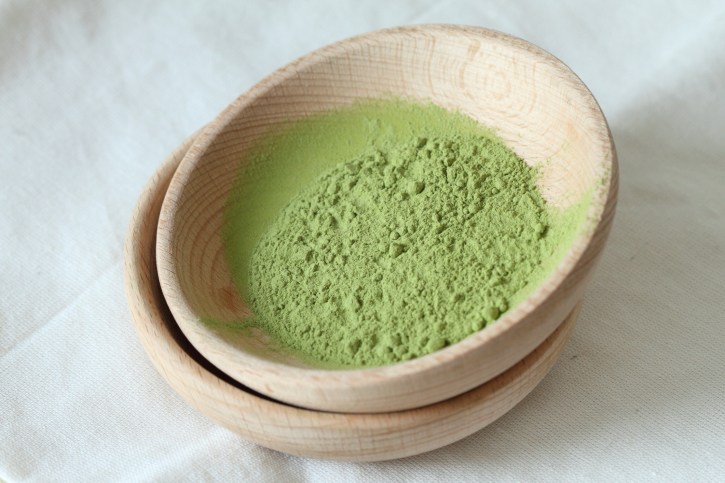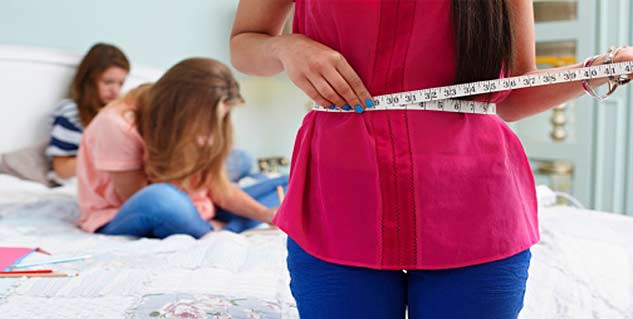Diet Soda; Is It Good Or Bad If You Are On A Diet?
The debate over whether diet soda is a dieter's friend or a dieter's enemy seems to become more heated every day.
One side is saying it is a great beverage for people trying to lose weight and who want something more exciting to drink than water. The other side is saying it won't help you lose weight but can actually make you gain weight.
I wish I could give you a definitive answer and say either, "Yes, diet soda is fine to drink when you are trying to lose weight." Or "No, diet soda will not help you lose weight." But I cannot find enough clear cut evidence to wholeheartedly support either statement.
What I have gleaned from my research is this:
Setting aside the issue of whether or not diet soda will aid or impede your weight loss is the issue of the chemicals it contains and whether or not you want to be ingesting them on a daily basis in significant quantities.
There's also the issue of diet soda that contains caffeine. If you are mainlining Diet Coke, you have most likely formed a dependency to caffeine which will cause a period of headaches, when (or if) you decide to break that dependency. Large amounts of caffeine can also disrupt your sleep, can make you jittery, and can speed up your heart rate.
Some people complain of fluid retention when drinking diet soda and blame the sodium content in the it. Most diet soda/pop is very low in sodium. The culprit in fluid retention might be the artificial sweetener. Some recent research is showing that people react differently to artificial sweeteners, causing fluid retention in some people.
If you don't want to give up diet soda but it is making you retain fluid, try switching to a soda with a different artificial sweetener in it and see if that makes a difference. For example, if you are currently drinking one sweetened with Aspartame, try switching to one sweetened with Splenda or saccharine (NutraSweet). Also try drinking no diet soda for a least a week.
Drinking diet soda does seem to make some people think they can have that candy bar (ever had a Diet Coke and a king size snickers bar?) because they are saving calories with the diet soda/pop so the higher calorie food is okay. Likewise, some people will order a diet soda/pop after super-sizing their fast food meal. Drinking it lulls some people into thinking that switching out regular soda for diet means they can eat more food, but what usually happens instead is weight gain, which is then blamed on the diet soda/pop.
Personally, I get cravings for salty foods when I drink a lot of diet soda. My physician thinks it's the artificial sweetener that's causing those cravings. So instead of drinking a 12 pack of Diet Coke every day like I used to (yes, I'm being serious) I now try to have just one can of regular soda a day. I'm not always successful at doing that and sometimes drive to the store for an "emergency 12 pack of Diet Coke, Diet Pepsi, or Diet Mountain Dew, but eliminating most diet beverages from my day-to-day diet has calmed my cravings.
So you'll have to make the judgment call for yourself on whether or not to include diet soda/pop in your weight loss or weight management plan. Some people say it helps them with weight management; others say it's a weight gaining tool. The only way to know for sure what it is for you is to try it and see.
-
The Process Of Making Biodiesel
Procedure for making Biodiesel.Transforming vegetable oil and making
-
The Soft Heavyweight
What comes into mind when you here the term 揌eavyweight??Normally
-
Weight loss: Feel full on fewer calories
Feel full on fewer calories? It might sound like another gimmi
-
A Boot Camp Trainer Talks about How Can I Lose Weight
When you say you are going on a diet, th
-
Weight Loss Guidance: Tips For Losing Those Extra Pounds
Several people want to lose weight. Some of them have success an
-
Recognizing the Symptoms of Bipolar Disorder
Bipolar disorder is a treatable brain disorder marked by extreme s
- DON'T MISS
- Building supportive relationships
- Eat Like a Greek God and Lose Weight
- Best Instructions to Lose Weight
- Diet Plan for Fast weight loss
- How Late Is Too Late To Eat?
- Is Drinking A Lot of Water Really Necessary If I Want To Lose Weight?
- Elite Natural Supplements for Weight Loss:Drop Unwanted Pounds Intelligently with the BestWeight Loss Supplements for Men & Women
- Learn the Art of Losing Weight
- Weight Loss: Consistency and Secret Weapons
- Out-Smart Self-Sabotage: 5 Steps To Change Subconscious Beliefs




